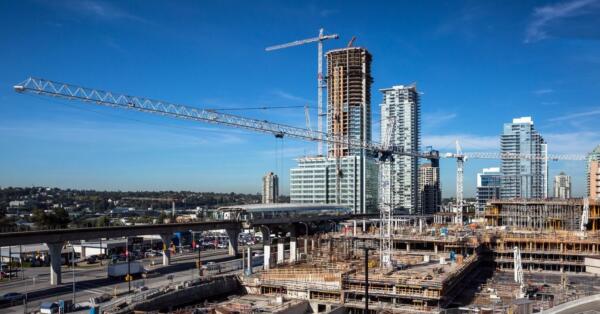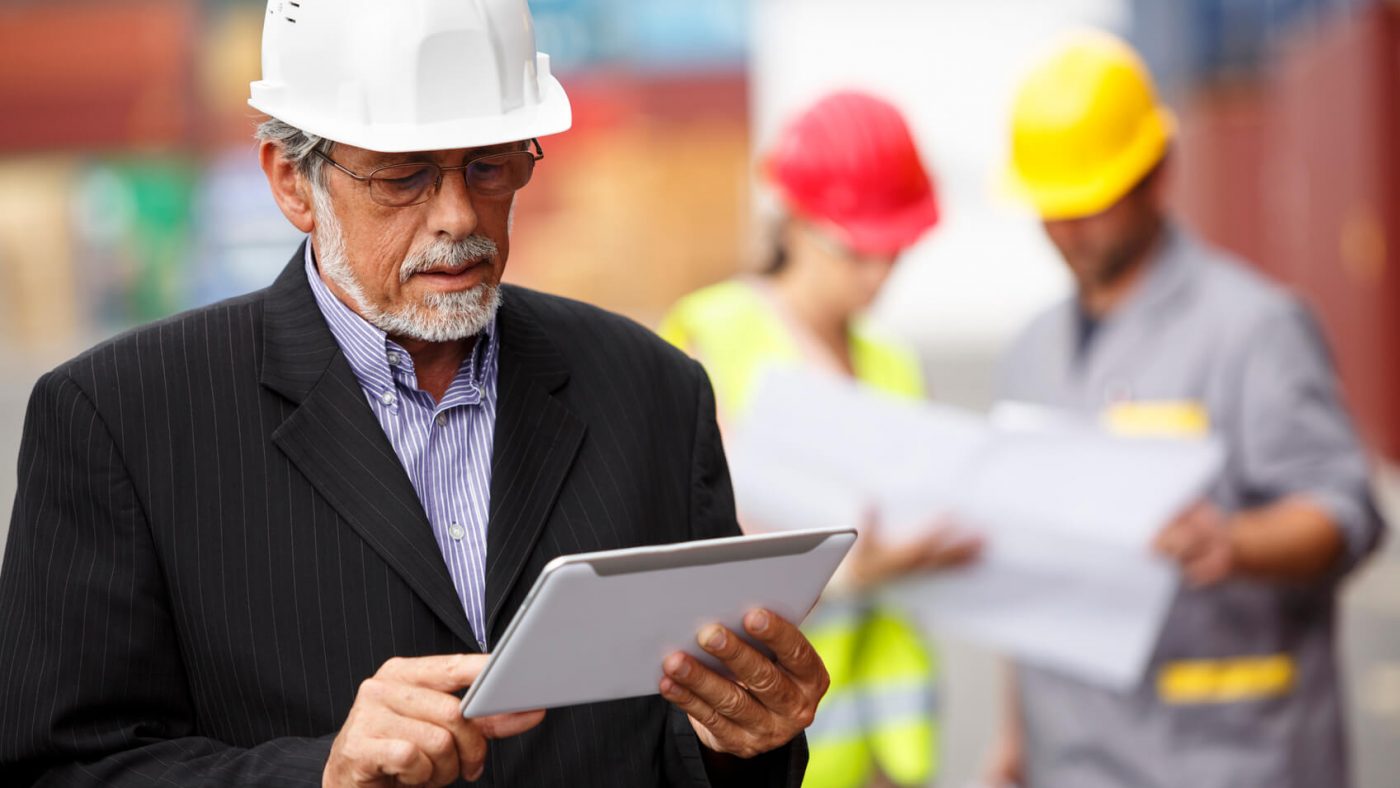Routine inspections are a crucial part of any construction project. Inspectors are usually involved throughout the duration of the project, with their primary duty being to ensure compliance with project plans, specifications, and building codes.
When acting as the completion contractor, a good working relationship with inspectors is critical to moving the project forward. This is especially true when working with a private inspector, an inspector hired by the project Owner or Architect. Having a good working relationship with the inspector will ensure the project completion being on time and within budget. In this post, we offer some best practices for working with private inspectors.
Responsibilities of an Inspector
Although an inspector’s primary duty is to inspect the ongoing construction for compliance, they also hold many other important roles throughout a project’s lifetime, including:
- Maintaining an independent view of the project
- Inspecting and documenting contractor’s activities
- Participating in project meetings
- Monitoring the contractor’s schedule
- Interpreting drawings and specifications and discussing deviations
- Making regular visits to the site
- Signing off on progress for contractor progress payments
- Ensuring that work is progressing as intended in both quality and compliance
- Gathering progress photos
Creating a Good Relationship with the Inspector
A good working relationship with the inspector is essential because they are so heavily involved in the project. A critical part of building a positive partnership is to be prepared for every inspection. The ideal way to ensure you’re prepared is to designate one contact person to handle all inspections. This contact will
- complete and submit inspection requests,
- accompany the Inspector during the inspection, and
- receive and file the inspection reports.
As a result you – and the inspector – can rest assured that these important events don’t get overlooked and are submitted on time, and that consistent format and procedure is kept.
Prior to the Inspection
When inputting an inspection request, you want to make sure that all the information needed for the inspection is on the request. Most commonly, this includes the following:
- Project name
- Project location
- Date and time of the proposed inspection
- What is being inspected
- The location of the inspection
- Page of plans and specs that correspond with the inspection
- Point of contact
As the contractor, your goal is to make it as easy as possible for the inspector to have all the required information in the palm of their hand. Be specific, e.g. when citing the location, add the room number and face of the wall, and give as many details as possible about what is being inspected. As a good rule of thumb, it is better to give more information than not enough.
Always give adequate notice to the inspector before requiring an inspection – it demonstrates that you are respectful of the inspector’s time.
For project-specific inspection requirements, review the project specification. Provide as much detail as possible so that the inspector arrives ready to do the job with the knowledge needed for efficiency and completeness.
During the Inspection
When the inspector is on-site, accompany them throughout the inspection. While this requires a lot of time on your part, it’s a good opportunity to work on the relationship. If the work being inspected has been completed by a subcontractor, bring them along to answer any technical questions about the install. Throughout, take notes of what the inspector says and always be respectful, even during a disagreement.
After the Inspection
After an inspection, wait to get the inspection report back with the results. Even if the inspector has given a verbal acceptance of the work, do not take action until you have that information in writing. Do not cover up the work or continue with the construction of that item until it has been accepted. You don’t want to have to tear down work by being too hasty. That would be a waste of time, money, and resources. If you haven’t received a report for your inspection, follow up with a call or email.
When you receive the inspection report confirming that the work is acceptable, file it away and continue with construction. In cases where the report raises issues that prevent the inspector from approving the work, convene a team to develop redress plans, document them, execute the repairs, and reschedule an inspection quickly.
The Takeaway
Working with inspectors can either be a straightforward process or one that holds you back. Having a good working relationship with an Inspector will keep the project running smoothly, as disputes can be discussed and settled quickly. At the end of the day, always remember that both you and the inspector are working towards the same goal: completing the project safely and acceptably.
To learn more about VERTEX’s Surety Claims Consulting and Completion Contracting services or to speak with a Construction Expert, call 888.298.5162 or submit an inquiry.





